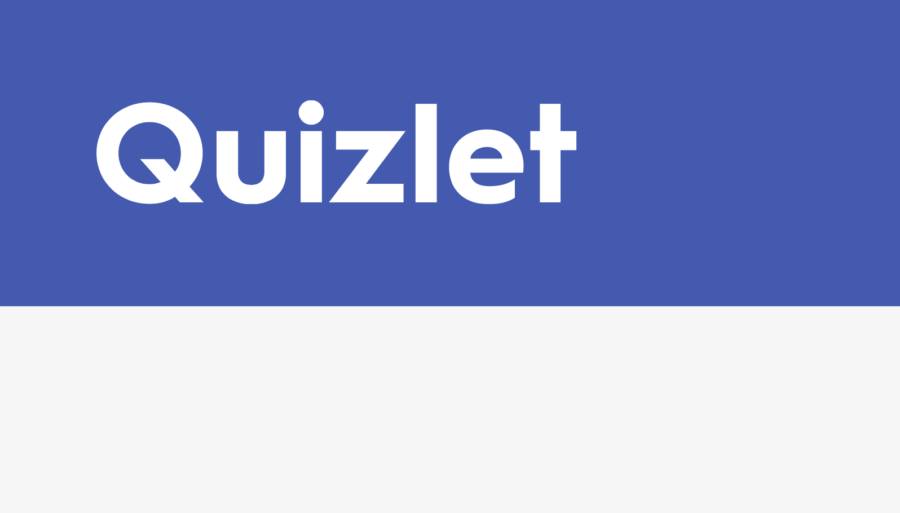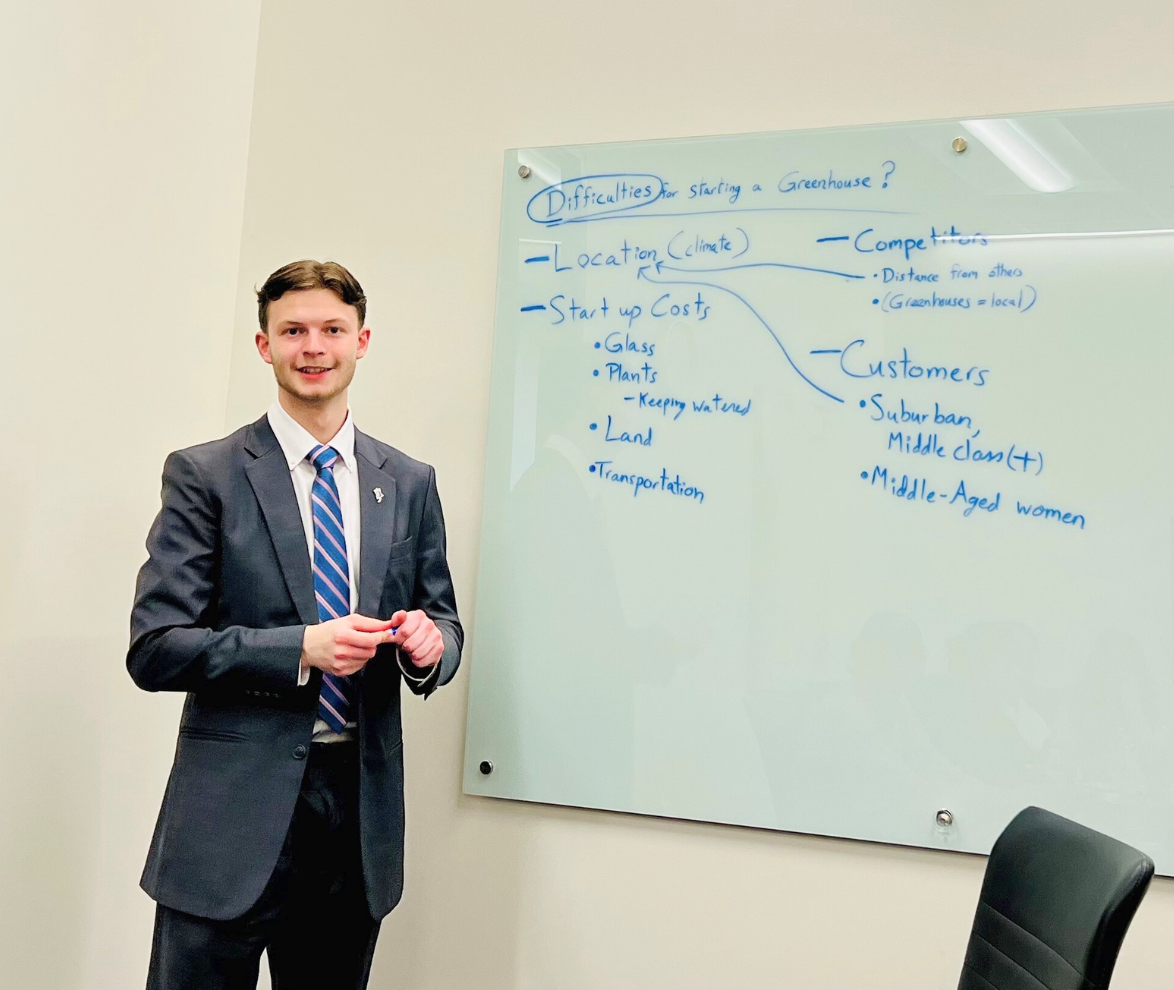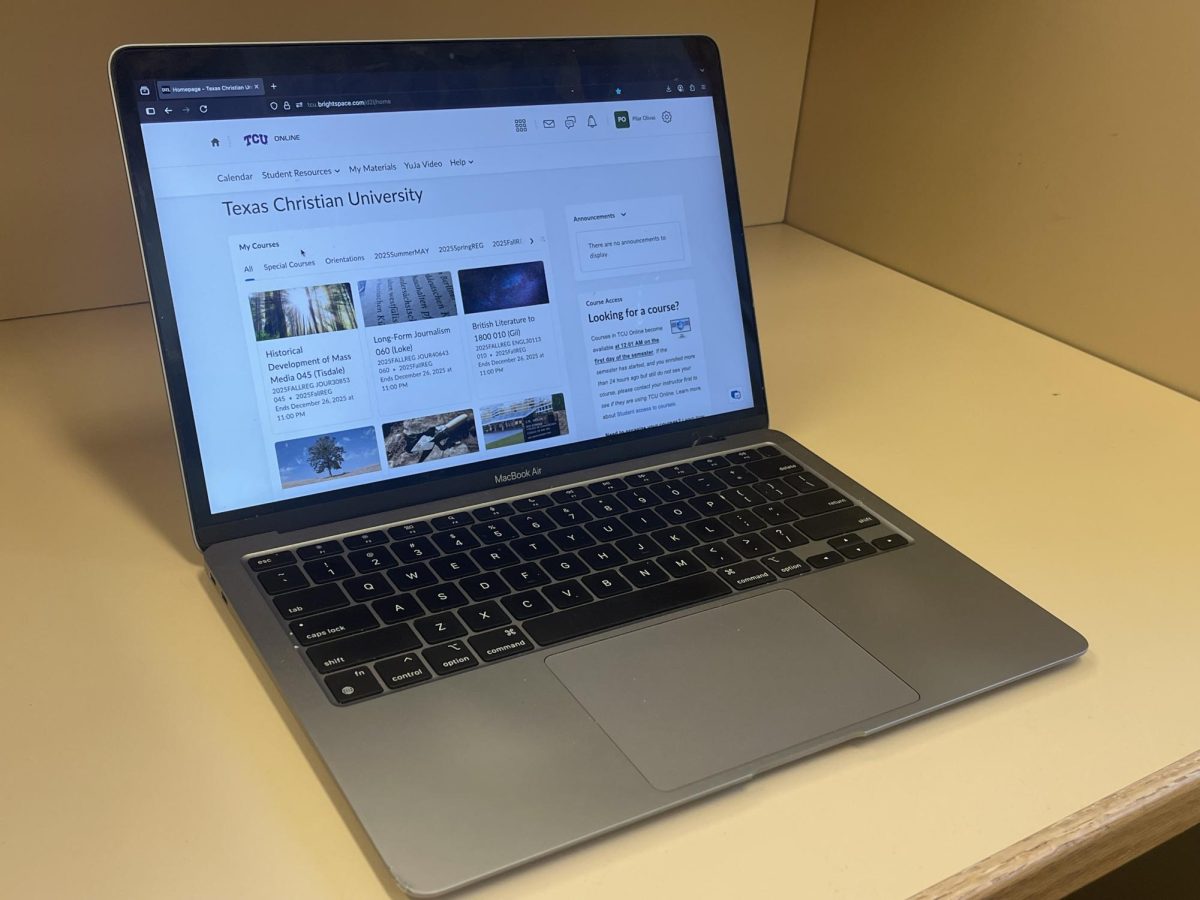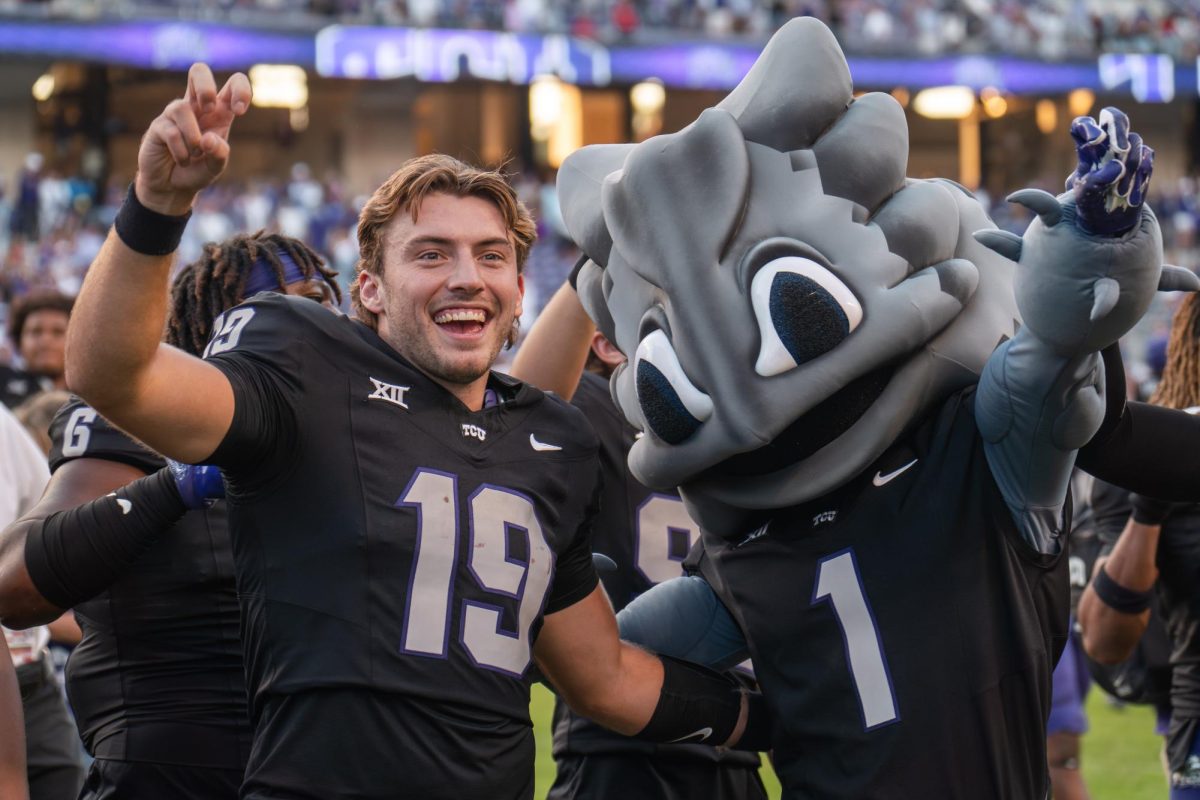More than 10 students have been caught up in a cheating scheme that the provost said happened over “multiple semesters” and covers “more than one class.” Provost Nowell Donovan said this cheating scheme, which involves a communication studies course, is larger than most. Discipline is being handled by the College of Communication. Associate Dean and Professor of Journalism Daxton Stewart said he has never handled a situation exactly like this one. “I’ve had other cases of academic misconduct before involving cheating on exams, but it typically is looking at one another’s paper or passing information to one another,” Stewart said. He said cheating is typically detected in the classroom during the test and reported by the professor. Chair of Communication Studies Melissa Schroeder said in this case a faculty member learned that questions from an “active test” had been taken “without authorization” and turned in to Quizlet study notes. Quizlet allows people to create study sets or use study sets created by others. It is the world’s largest student and teacher online learning community, according to their website. A dozen students are accused of accessing the Quizlet study set. Some are only accused of using the study set, while others are accused of distributing information on how to access the study set. Academic misconduct at TCU includes “knowingly using, buying, selling, stealing, transporting or soliciting in its entirety or in part, the contents of a test or other assignments unauthorized for release,” according to the 2017-2018 Undergraduate Catalog. University officials weren’t forthcoming with details and didn’t comment on specifics because of federal privacy rules. Stewart said all students have asked for a review of some kind. According to the handbook, students who are found to have cheated face a range of punishments from failing the course to expulsion from TCU. There are defined steps students can take once the punishment is handed down. First, the student must discuss the matter with the faculty member. If the student doesn’t agree with the punishment, the student may appeal to the department chair or appropriate administrator. The next appeal would go to the academic dean. The academic appeals committee would hear the final appeal. The dean’s office in each college is responsible for handling the case of academic misconduct arising in their college. “I receive the initial report and concern from the professor,” Stewart said. “I review them and issued sanctions I thought appropriate in those cases.” Stewart first heard about the Quizlet scheme in early April. “It has been my primary job for weeks now,” Stewart said. “It has pushed everything else to the side, so it’s hugely time consuming for everybody involved.” The effect on the communication studies department is more than just time. “It’s kind of heartbreaking,” Stewart said. “Professors and administrators, we feel betrayed when students engage in academic misconduct because we don’t want them to. It takes an emotional toll.” Schroeder said fairness is a value when determining the student consequences. “This is difficult for the faculty as well as the students, but we believe that it matters,” Schroeder said. “Even though it is difficult, we try to do that with as much integrity as possible.”
Categories:
Students involved in cheating scheme using Quizlet
By Taylor Boser
Published May 4, 2018
More to Discover










